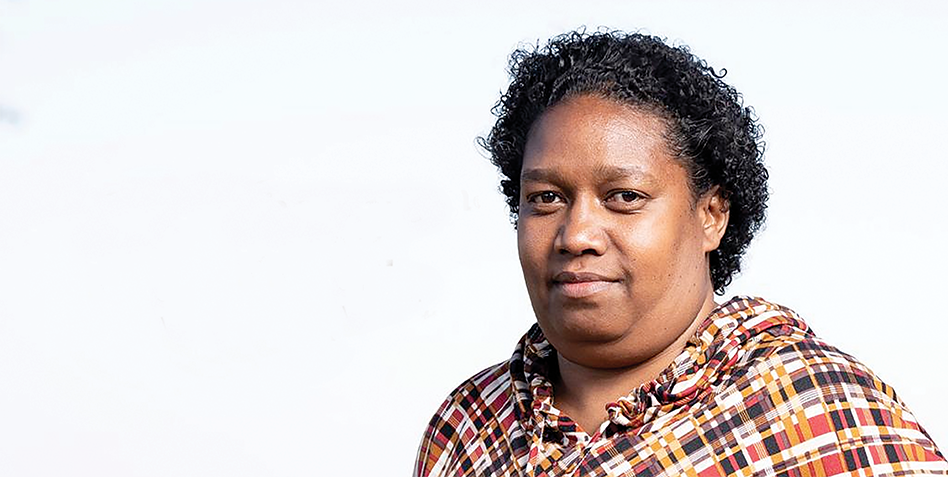MENTAL AWARENESS: A mobile wellness campaign to reach out to women in rural and informal settlements as part of Women’s month
By Ali Mphaki
In a country where over 27 percent of people live with depression – many of them women and mothers- one truth remains painfully clear – South African women are not okay. and most remain far from the help they need.
This is borne out of the fact that South Africa’s public health services remain overwhelmingly urban centric, with over 60 percent located in cities – even though most of the country’s women live far beyond these urban areas.
But far from throwing their hands in despair, the Golden Delight foundation has decided to take the bull by the horns, initiating a mobile wellness campaign dedicated to reaching women in most undeserved areas – from remote villages and informal settlements to overlooked townships where access to mental health support is limited, stigma runs deep, and women carry burdens in silence.
Women in these areas are raising children, surviving GBV, carrying for families, and holding communities together, all while being under-resourced, emotionally unsupported. and largely invisible to the systems meant to help them.
Putting their money where their mouth is, the Golden Delights foundation, whose aim is to nourish communities through food, care, and long-term support, will kickstart the Ffok movement at the Bophelong Community center in Vanderbijlpark in the Vaal on Saturday, August 16.
As explained by Trisha Chetty, marketing manager at Golden Delight:”It’s where we begin, it’s the start of a journey from pain to possibility, from isolation to support, from being unseen to being heard”.
She adds that we can not celebrate women without investing in their well-being. “Women’s month must be more than just symbolic. It must be a call to care across race, age, culture, and class. “
What the #FFOK campaign will deliver includes:
• Bilingual; multilingual. culturally competent profeaaionala, offering counseling, trauma support, and mental health screenings to undeserved communities; and
• Food parcels, childcare resources, and safe spaces for women to feel seen, be vulnerable, and have their stories validated.
Further rollouts planned across communities in South Africa.


































